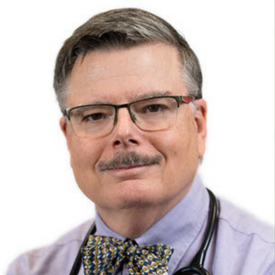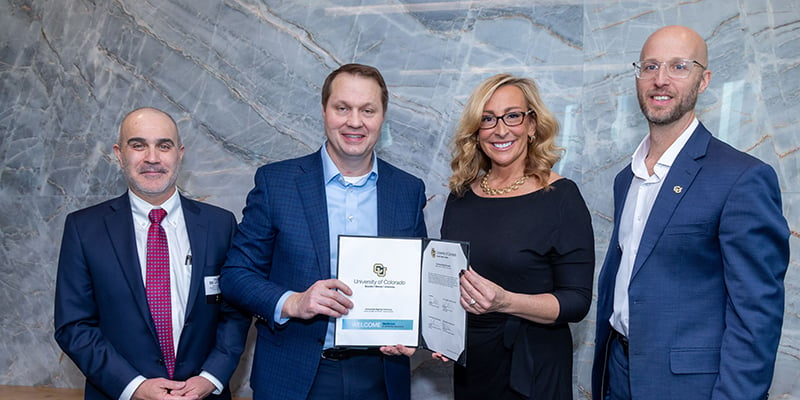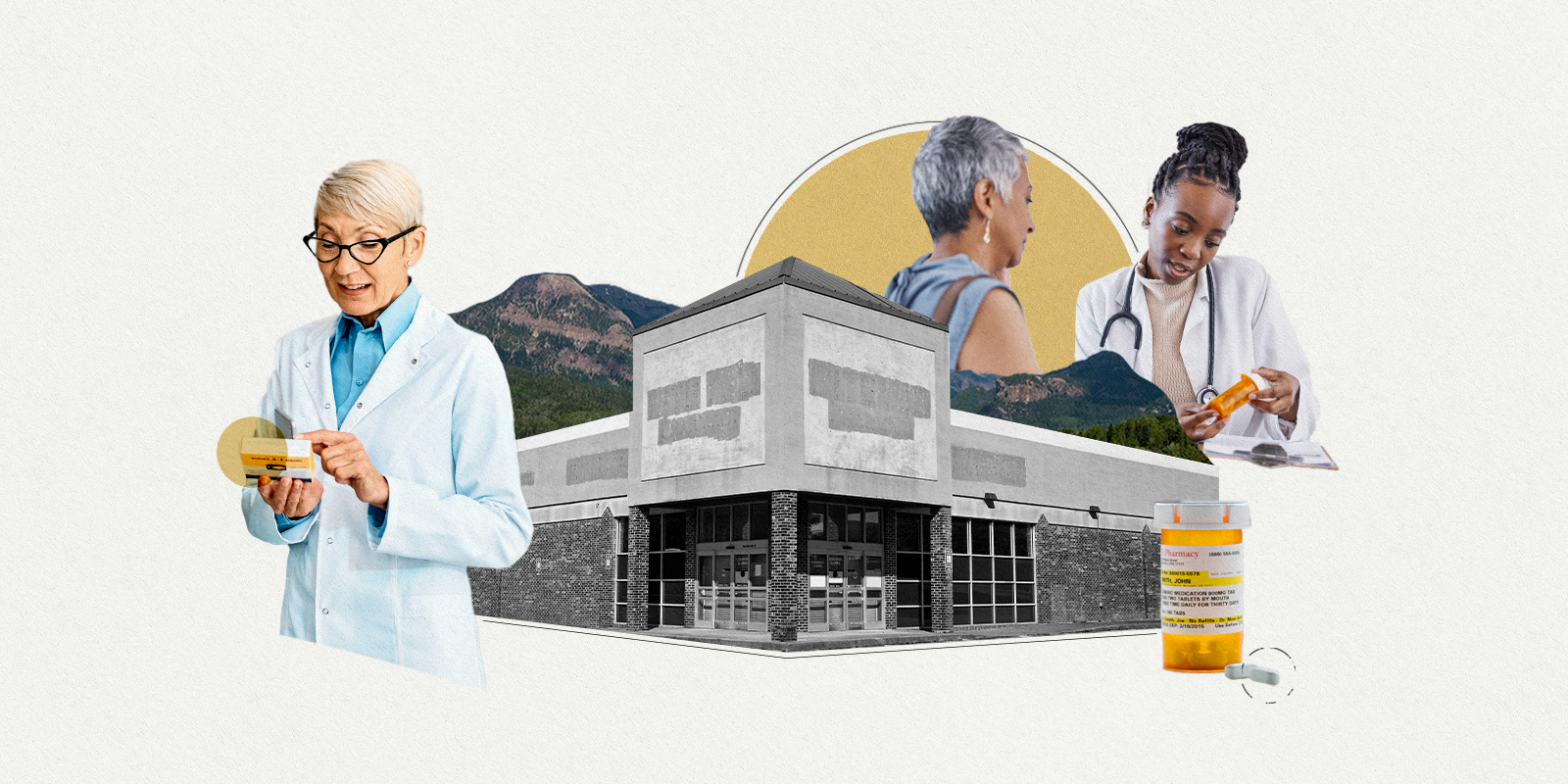Let’s back up. Some readers may not know what palliative care is. Can you give a brief overview?
Palliative care is a specialized medical care for people living with serious illness. It focuses on providing relief from symptoms and the stress of illness. The goal is to improve quality of life for both patients and the family.
I’m interested in a whole-person approach. I'm interested in understanding better how your physical symptoms of pain or shortness of breath or nausea and constipation are impacting you. I want to look for better ways to control those symptoms. But I also know that some people have emotional distress, depression, anxiety, fear. Both patients and family suffer from that. Then there's social distress. "Is my insurance going to pay? Am I going to have insurance?" And then the existential or spiritual distress of, "Why is this happening to me or my family member. What does this mean? What does the future hold?"
Palliative care is not the same thing as hospice. I mean, there are patients that we care for who are eligible for hospice and for whom hospice is a good support system, but palliative care is appropriate for people who have serious illness at any stage. Sometimes people are fearful about having palliative care too early in the course of their illness, but there have been a number of excellent studies on the subject.
One is the famous Temel study where they looked at 151 patients with lung cancer, and half of them got their standard treatment for metastatic lung cancer and a palliative-care consult in the first couple of weeks. The other half just got their standard treatment. Those who got palliative care proactively had significantly better quality of life as measured by the FACT-L, less depression and, fascinatingly, they lived almost 10 weeks longer. They were also much less likely to die in the hospital at the end of their life. So, in some situations, palliative care can not only help people have a better quality of life; it may even help them have a better quantity of life due to better pain and symptom control.
Is there anything that you've learned or seen from your experience about what we can expect, or anything you've seen that's common or universal, during the death process?
There's been a big change in our social experience of death. It wasn't very common for people to live with chronic illness or disability for years and years.
There are so many things we understand now that we didn't before about illness, treatment and public health. One of the core implications of this is that now most people can expect to have perhaps a year or two of disability before they die.
You talked about your own grandmother being in a facility for the last three weeks of her life. That would've been really uncommon 100 years ago. She wouldn't have gone to a facility. She would've stayed in her daughter or son’s or someone's family’s home. They would have cared for her.
People say, "I just want to die in my sleep." That’s almost the least-common way to die. It just doesn't happen. Nowadays we can save people from heart attacks, and we have great treatments for cancer, and people don't die from infections and injury the way they used to.
So now they end up with heart failure and dementia and other chronic conditions, and they need a lot of help. They may have physical symptoms that are difficult for not just a few days or weeks but for months or even years.
How do you stay so upbeat amid the intense emotions that surround dying?
It’s been an incredibly personally rewarding experience. You can make a big difference for people who are in a difficult situation just by talking to them and listening to them and hearing them as a whole person. I find it endlessly challenging and intellectually fascinating because after a while in oncology or anything, it can become routine. But palliative care is one of the first things that I became involved with where customizing the care to the needs of the patient and the family are such a core principle of the practice.
I felt I made a big difference. My success wasn't always tied up in whether the person lived or died. It was if they had a better quality of life. I have seen a lot of people who were expected to die. We worked to control their symptoms, and they lived longer than expected. Palliative care needs to be not only about quality of life but quantity of life. Time is important.
In 2016, Colorado approved the End of Life Options Act, allowing the terminally ill to use medication to end their own lives. Has that changed the way you do your job?
Not really. If you look at the absolute number of people who use these laws, it's really relatively small compared to those who die every year. I have seen patients who are interested in the law, and I have counseled patients about it. I have helped them identify someone in their community who could support them. I recommend that people who are considering this and are outside the hospital to have hospice care up to and through the time, if they're going to use this.
What is the most significant thing you have learned in your career about how people die?
I have learned how resilient patients and families can be, and I have personally wondered if I could have the same peace that I’ve seen in so many of these patients and families. I guess, until you get there, you just don't know.
Death is scary and sad. It's a loss for the person and anyone caring for them. I really loved doing home visits. You come into somebody's home, and you will understand them and know them in a much more meaningful way than if I had only ever seen them in the hospital, nursing home or clinic.
Can you share a bit about your work at CU Anschutz?
I came to CU Anschutz in 2014 to work with others to start education programs for mid-career providers in palliative care. There are not enough people training in palliative care to meet the need. We have the Graduate Certificate in Palliative Care that can lead to the Master of Science in Palliative Care, and we've had over 100 students in this program, and now we have a fellowship program.
I'm interested in increasing the number of skilled palliative care clinicians of all types: physicians, nurse practitioners, PAs, social workers, special-care psychologists, everyone. Because right now, if you have access to palliative care, it's somewhat of a happy accident. You happen to be at the University of Colorado, and we have a nationally known and recognized palliative care program. There are still places in the country where that just isn't available. And it should be.





